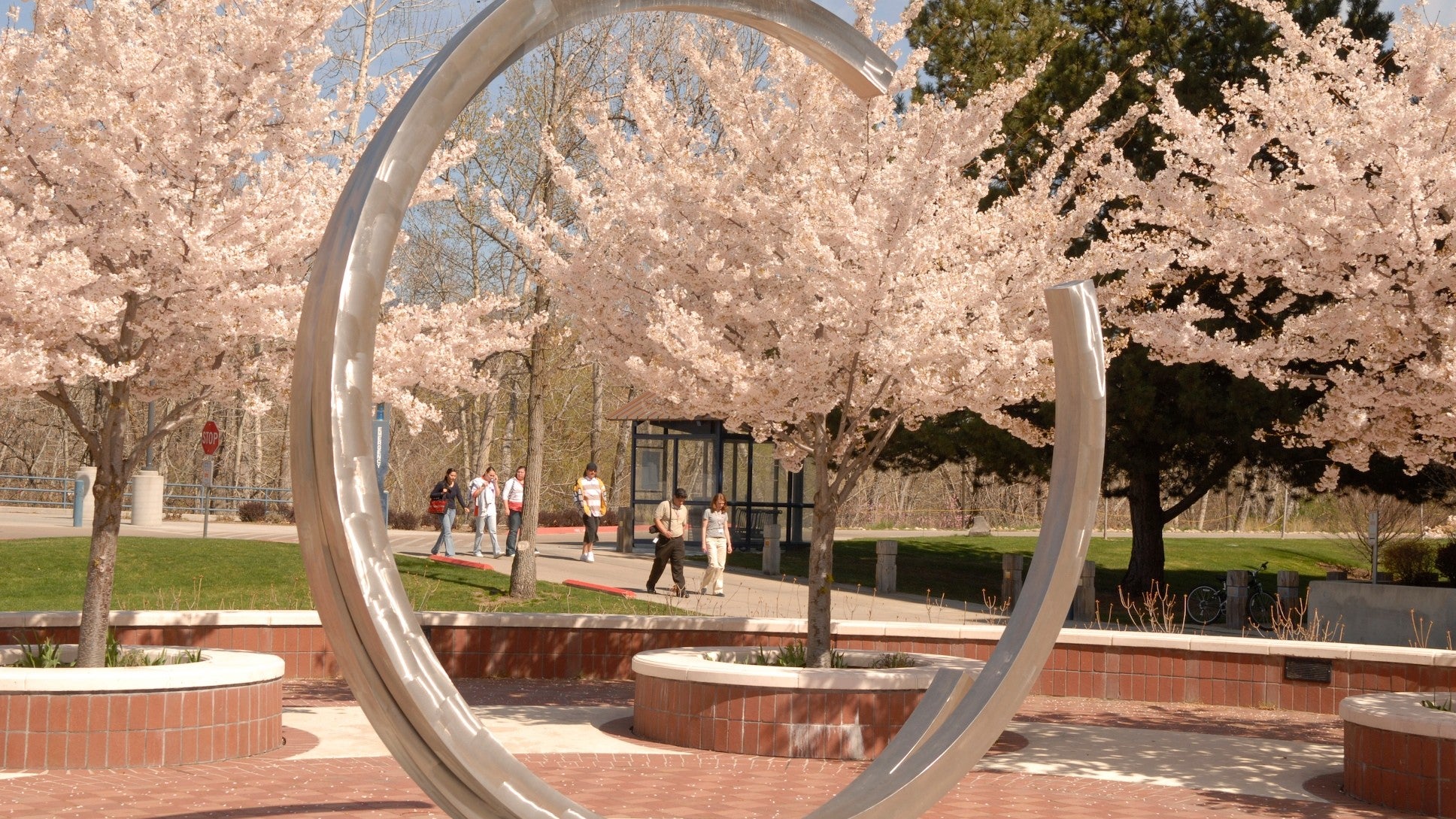This special topics course explores advanced manufacturing techniques and emerging trends in the field of manufacturing. Students will gain an in-depth understanding of the modern manufacturing landscape, focusing on innovative approaches and technologies that drive efficiency, sustainability, and productivity in manufacturing processes.
The course begins with an overview of traditional manufacturing methods and their evolution over time. It then delves into the study of cutting-edge techniques, such as additive manufacturing (3D printing), robotics, automation, and smart factories. Students will explore the principles behind these technologies, their applications in various industries, and the advantages and challenges they present.
The course also examines the integration of digital technologies, such as the Internet of Things (IoT), cloud computing, artificial intelligence, and data analytics, into manufacturing processes. Students will learn how these technologies enable real-time monitoring, predictive maintenance, quality control, and supply chain optimization, fostering the development of smart and interconnected manufacturing systems.
Throughout the course, students will be exposed to manufacturing tools, equipment, and software, such as CAD (Computer-Aided Design), CAM (Computer-Aided Manufacturing), and simulation. Collaborative problem-solving and critical thinking will be emphasized, as students talk through real-world manufacturing challenges.
By the end of the course, students will be equipped with a comprehensive understanding of advanced manufacturing techniques, their applications, and the implications they have for various industries. They will be able to critically evaluate manufacturing processes, identify opportunities for improvement, and propose innovative strategies to enhance productivity, sustainability, and competitiveness in the manufacturing sector.
Instructor: Grey Beaudry
Schedule: 12:00-1:15 PM MoWe
Delivery: In Person
